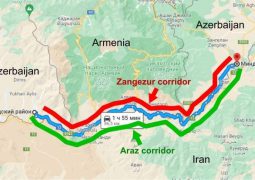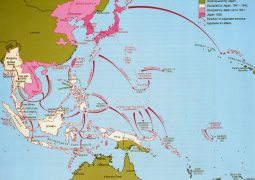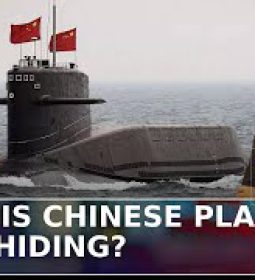Why Turkey’s Libya commitment angers Arab nations
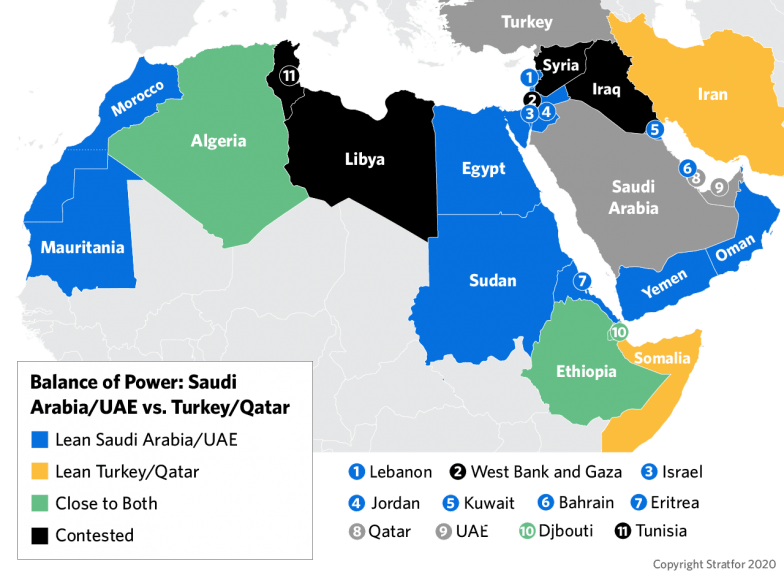
The alliance between Turkey and Libya’s Prime Minister Fayez Sarraj has sparked outrage in countries across the Arab world — for a number of reasons. For Ankara, there’s a lot at stake.
President Recep Tayyip Erdogan didn’t leave room for any doubt this week when he spoke of Turkey’s plans to start exploring for natural gas in the eastern Mediterranean in an area agreed upon with Libya.
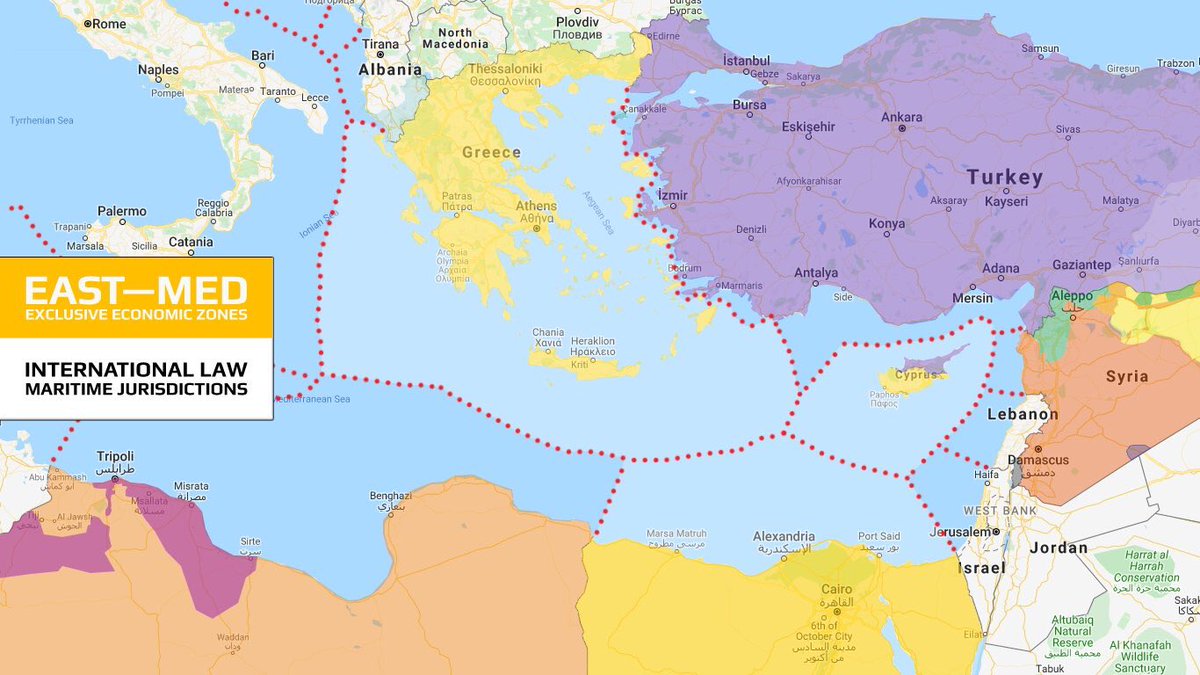
“We will start search and drilling activities as soon as possible in 2020 after issuing licenses for the areas,” Erdogan said during a two-hour speech in Ankara on Thursday.
The agreement stipulates that some of the gas fields discovered in the Mediterranean a few years ago are no longer located in Libya’s maritime zone, but instead belong to Turkey. And Ankara wants to make sure that it will get its share when it comes to the exploitation of the gas fields.

Diplomatic isolation
The agreement with Libya came during a time of diplomatic difficulties for Turkey. Turkey launched its intervention in northern Syria in early October, a move which has also complicated Turkey’s relations with Russia. Both Turkey and Russia are on opposite sides in the ongoing Libyan civil war, although so far they’ve managed to avoid a direct confrontation.
In addition, Turkey’s ties with its neighbors in the region are also strained. Relations with Saudi Arabia, for example, have suffered over diverging stances with respect to the political Islamist group, the Muslim Brotherhood, and because of the death of dissident Saudi journalist Jamal Khashoggi, who was murdered in the Saudi consulate in Istanbul in October 2018.
Ties with Egypt have also been hampered by Turkey’s political affiliation with the Muslim Brotherhood, as well as the dispute over gas resources in the Mediterranean. Egypt has made plans to jointly control recently discovered gas fields in the eastern Mediterranean with Israel, Greece, and Cyprus — excluding Turkey in the process.
Playing the Libya card
In the dispute over gas resources, Turkey has now pinned its hopes on Libya. In return for the redrawing of sea borders, Ankara has pledged support for the beleaguered government led by Prime Minister Fayez Sarraj, which is facing mounting pressure from troops Haftar.
Haftar backs the rival government in Tobruk, which won the 2014 elections but failed to receive international recognition. Most Western governments, along with the United Nations, have backed Sarraj as Libya’s legitimate leader. Sarraj’s problem, however, is a lack of military support from abroad. Only Turkey and its political ally, the emirate of Qatar, have offered their help.
Since the summer of 2017, Qatar over its alleged support of extremism, a move initiated by Saudi Arabia. Since then, ties between Doha and Ankara have become increasingly close. Like Turkey, Qatar supports the Muslim Brotherhood. From Qatar’s perspective, Libya is a country where it can confront Saudi Arabia indirectly and hamper its plans.
In early January, the Saudi government criticized Turkey’s commitment in Libya. In a press statement from the Foreign Ministry in Riyadh, the kingdom condemned “the recent Turkish escalation in Libya” and the Turkish parliament’s approval of a troop deployment to Libya, which it said violated UN Security Council decisions.
The kingdom said “this Turkish escalation poses a threat to the security and stability in Libya and a threat to Arab and regional security, as it is an interference in the internal affairs of an Arab country in flagrant violation of international principles and covenants.”
Support of the Muslim Brotherhood was one of the main reasons that Egypt vehemently opposed Turkey said Canan Atilgan of the Konrad Adenauer Foundation in Tunisia. “Egypt has a very strong interest in security guaranteed by military in Libya,” he told DW. “It attaches utmost importance to the protection of its borders because it does not want Islamists, [members of the] Muslim Brotherhood or other religious extremists to enter the country from Libya.”
Unsurprisingly, Egyptian media outlets — which are directly or indirectly controlled by the government — have strongly criticized Turkey’s presence in Libya. State-run daily al-Ahram called it “part of an attempt by the current Turkish administration to project its power in regions that once belonged to the former Ottoman Empire.” By getting involved in the Libyan conflict in the face of international opposition, Erdogan has taken an enormous risk of running into diplomatic — and military — resistance.
Proxy war in Libya?
If the Turkey-backed Sarraj loses the Libyan power struggle, Erdogan will lose his access to the Mediterranean gas fields. After all, existing contracts will only be honored under Sarraj. If Haftar prevails, it’s likely he will cancel the agreement reached with Turkey as one of his first moves — not likely to be a difficult task, as the agreement wasn’t approved by the parliament in Tobruk and is facing several international legal objections.
“It all hinges on what happens in Libya,” said Turkey expert Soner Cagaptay of the Washington Institute for Near East Policy in a recent report in Foreign Policy magazine. “If that government falls, the maritime treaty is out. So now, Libya is an even more serious theater for proxy competition.”
- Previous Two plain-clothes police officers beaten up, tear gas fired and rally organiser arrested in Central Hong Kong
- Next 2,400 Turkey-backed Syrian rebel fighters reach Libya




